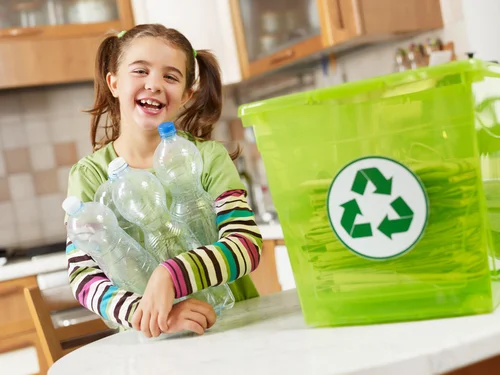+1 845 259 2974 (11 a.m to 7 p.m CST)
Be part of your teen's academic life to help them achieve more

Parents cannot help but get involved in all aspects of their children’s life. There are many phases of kids' lives where they don't want their parents to get involved, but then there are times when kids want their parents to be there for them. Academic life of teens is one such department where parental involvement is highly recommended and the benefits associated with this practice are manifold.
Setting the record straight
Parents who were adequately involved in the education of their children ensured better grades and a higher chance of graduating in a specialized subject. In contrast, almost 90 percent of educators believe that parents are not putting in enough effort to help their children achieve success at school. In this light, parental involvement and student achievement at schools is directly proportional to each other. These results were extracted from a survey conducted by the School Improvement Network involving 2,100 educators.
Volunteering outside home
Those parents who are involved in volunteer activities in their kids' schools are a highly priced asset for the institutions by acting as its support base. By doing so, you are also sending a positive message to your kids about the sincerity of your involvement in their academic life. Some duties that you can carry out as a volunteer in school are as follows:
- Be a mentor to students and if that does not work as well as you imagined, then there is always the option of becoming a tutor.
- You can help by being a classroom helper.
- Volunteer in computer or science labs to help children with their work.
- Guard kindergarteners from Dennis the Menace if you feel like it. Otherwise, you can ignore this advice and continue reading.
Keeping communication lines open
It is important to keep the lines of communication open at all times for your kids. This mostly includes the time spent with children at home and helping them out with their assignments and projects. It is equally important to effectively communicate with the teachers, administrators, students, and other parents; while all the time keeping a flexible attitude towards the feedback received from these people.
Educational, social, emotional benefits
Those children whose parents show active involvement in their school life are known to produce better results, higher attendance rates, and higher standardized test scores, according to the Michigan Department of Education. Further, parents who care about the education of their children help a great deal in enabling them to graduate with flying colors.
Moreover, when your teen observes you interacting with their teachers, they develop a good sense about how they should behave in different social situations. If you don’t believe this, then you should read a 2010 article published in Child Development that says that children whose parents show active involvement in their academic and social life, are more likely to act their age among their peers. Their good behavior also extends towards teachers and adults outside the family network.
Parents involved in educational activities of their kids communicates to them that you are sincere with them and actually care for what they do. Children are good at picking up subtle signals and they will know whether you really want to spend time with them or are doing so as a responsibility. Sincere efforts on your part will help your kids develop higher self-esteem, which obviously takes depression out of the equation.





















